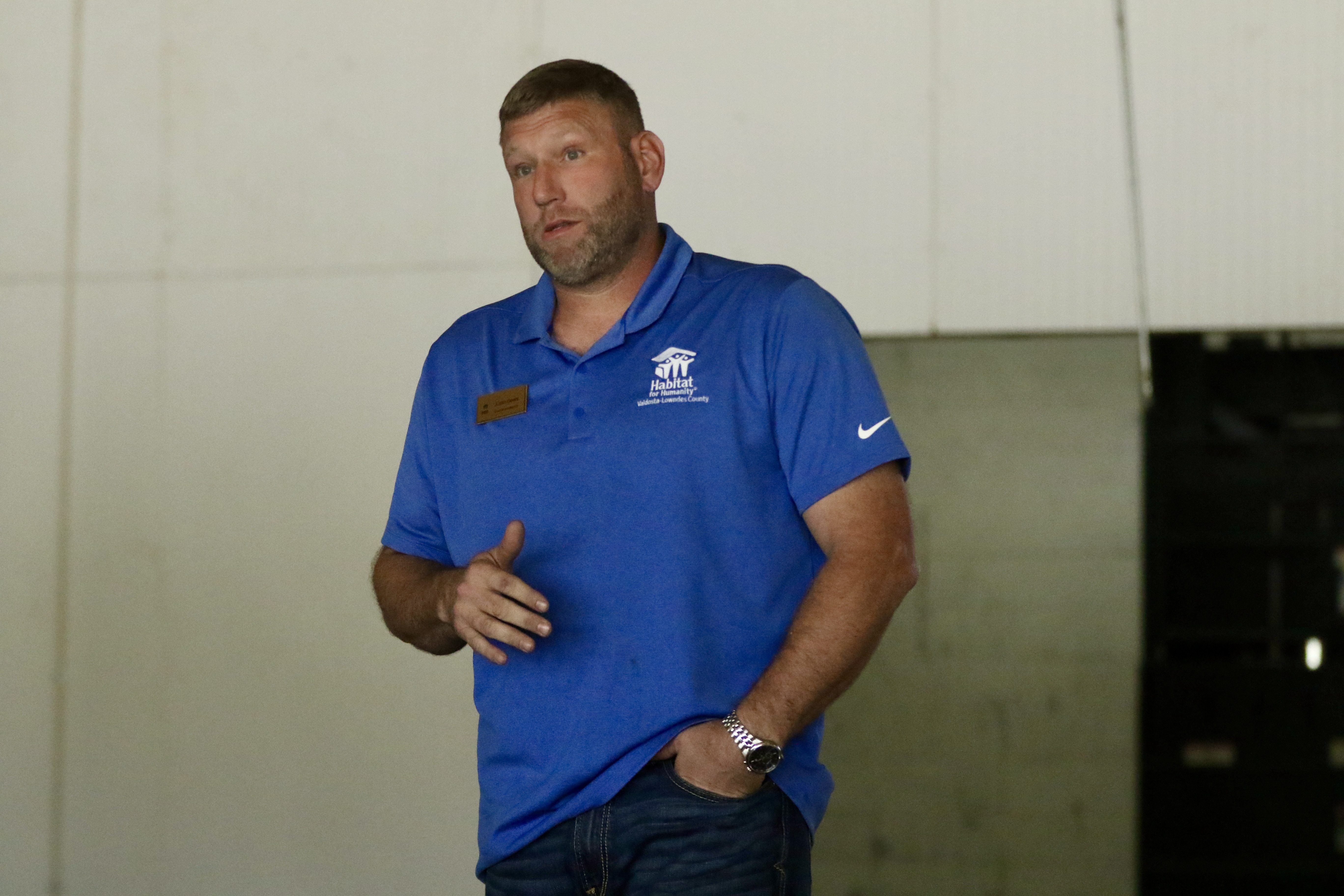BOOK REVIEW: Paul McCartney: The Life by Philip Norman
Published 11:00 am Saturday, September 9, 2017

- Paul McCartney: The Life
Paul McCartney turned 75 this summer. The Beatle once known as the “cute one” is now 11 years past the age of his song, “When I’m 64.”
Philip Norman explores in detail McCartney’s life up to the age of 73 in his biography, “Paul McCartney: The Life.”
Norman has spent his life writing about rock stars. One of his earliest assignments as a journalist was interviewing the Beatles back in the band’s early 1960 heyday.
Norman has written numerous rock biographies, including the Beatles biography “Shout! The True Story of the Beatles” and “John Lennon: The Life.”
McCartney seemed like a natural but it wasn’t easy. As Norman explains, he had believed he’d angered McCartney with past books and articles and Norman admits his one-time admiration for McCartney had faded through the years.
Still, McCartney didn’t authorize the book but he didn’t stand in the way of it either. Anyone from the Beatle’s past who wished to speak to Norman had McCartney’s permission.
The book explores the possibly too well known details of McCartney’s meeting Lennon as teenagers and the forming of the Beatles and the rise and fall of the Beatles.
Norman also explores McCartney’s childhood in vivid detail but many of these notes, such as the death of his mother when Paul was a young teen and his father’s interest in music, are also familiar from past books.
But Norman is true to the book’s subtitle: “The Life.”
He spends about the latter half of the book as McCartney has spent more than half of his later life: the post-Beatle years.
His life with wife Linda, and her death of cancer; his ups and downs as a solo performer; Norman seems fixated on McCartney’s 1980 drug arrest in Japan foreshadowing it on several occasions throughout the book; his up-and-down relationship with the other Beatles and his living without them following the 1980 shooting death of Lennon and the death of Harrison in 2001; his classical compositions; his meeting, marriage and public divorce with Heather Mills; etc.
The tragedies hit hard in Norman’s telling. The death of John Lennon strikes harder here than it does in Norman’s Lennon biography. Norman tells it as McCartney missing his friend and co-creator but finding it difficult to live in the shadow of Lennon’s martyred memory.
Yet, as his music is buoyant, with far more depth than often given credit, so, too, is McCartney by the book’s end, unsinkable, married again, a family man, still composing, still recording, still looking for another hit, still performing, still creating, no matter his age and no matter the height of his achievements.





